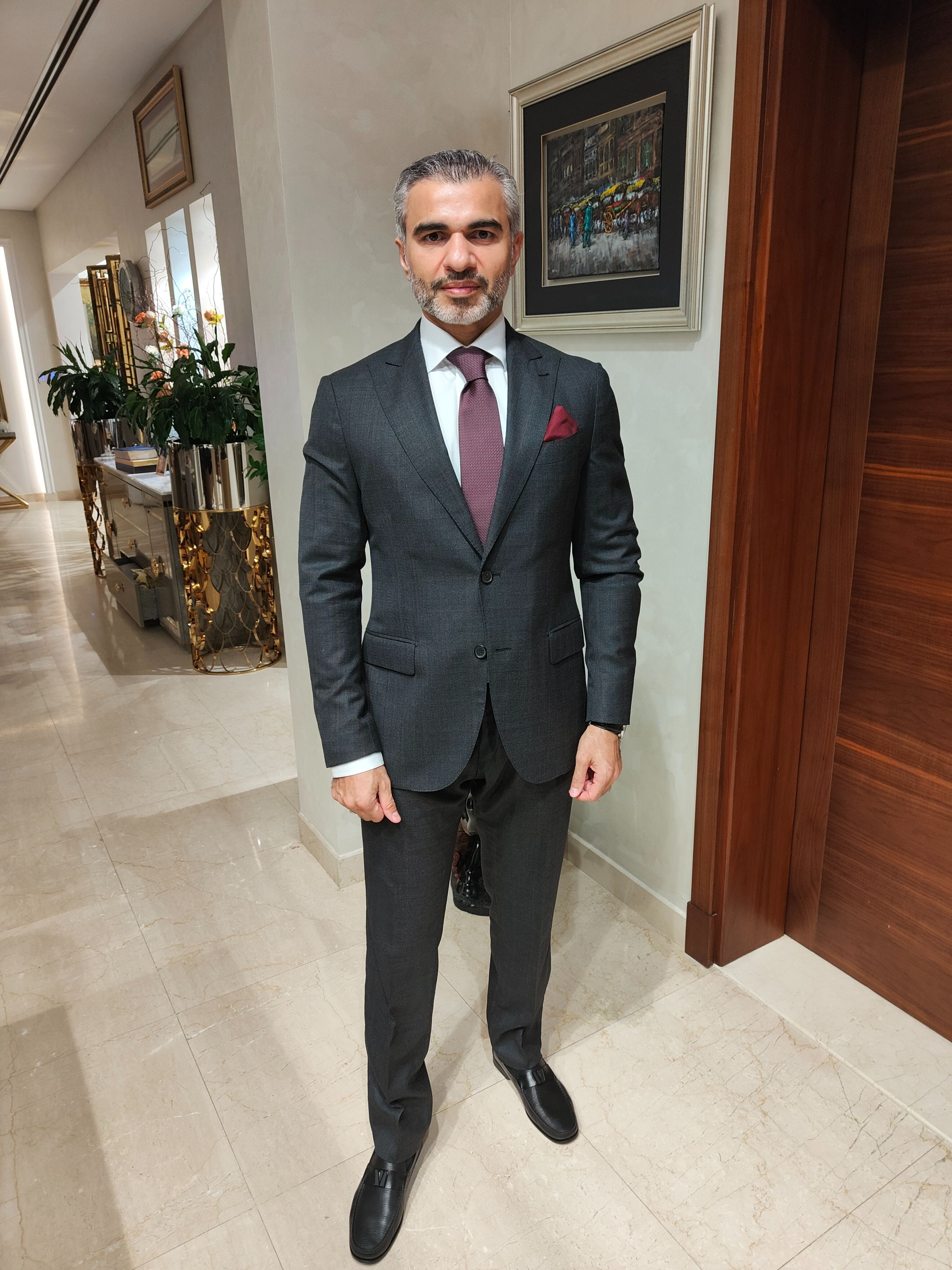268 reads
Umar Farooq Zahoor's Take on the Future of Renewable energy and power in UAE
by
April 18th, 2022
Audio Presented by

Umar Farooq Zahoor, well-established and smart Norwegian businessmen born into a warm Pakistani family in 1975 .
About Author
Umar Farooq Zahoor, well-established and smart Norwegian businessmen born into a warm Pakistani family in 1975 .
